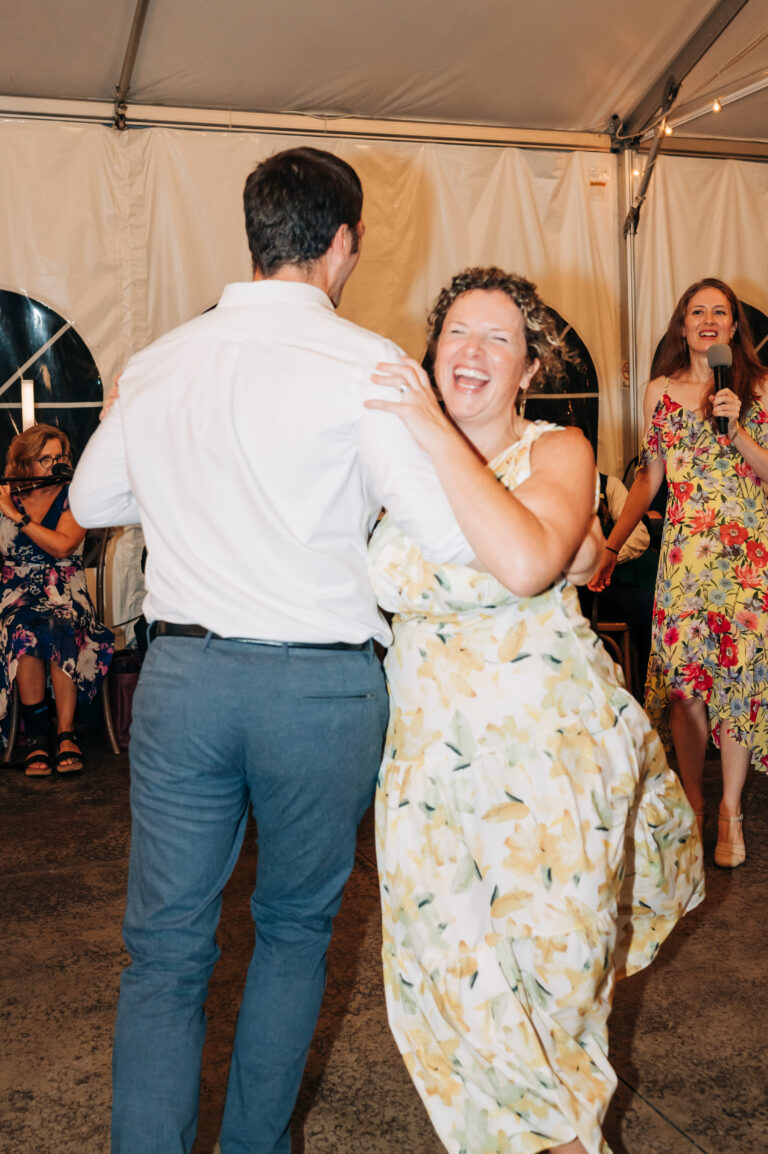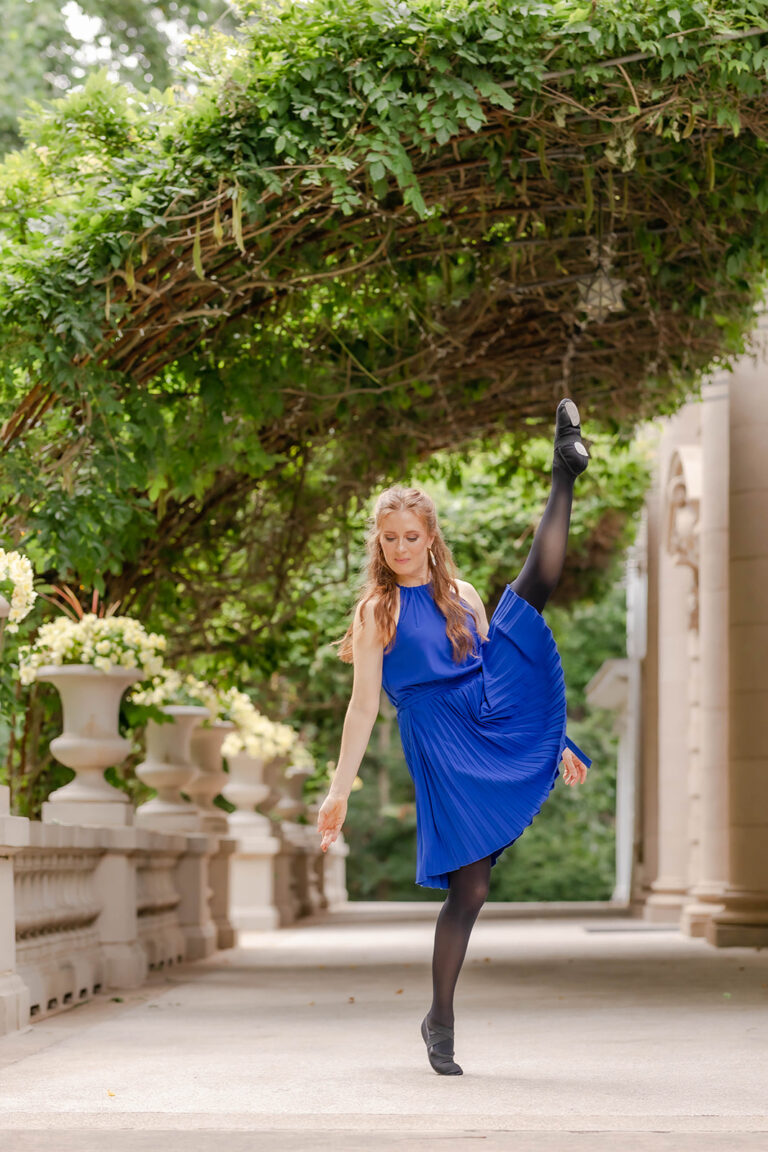Irish dance classes
There are many styles of Irish dance, including feis style, festival style from Northern Ireland, sean nós from Connemara, old style step dancing, céilí and set dancing, and show styles like Riverdance. I believe that deep training in one Irish dance style is enhanced by understanding how other styles, though distinct, are connected. My teaching entertwines techniques and methods from various styles to support growth and learning in traditional and modern Irish dance.
My classes are for dancers interested in exploring the diversity of Irish dance, beyond just the competition world, to gain a holistic understanding of the genre. Classes are strongly rooted in traditional Irish dance techniques but also encourage dancers to develop their own voices as performers and creators. The program emphasizes playfulness while taking seriously the Irish dance tradition and its history. The program is informed by inspirational dancing masters who made significant contributions to the genre from inside and outside of Irish dance’s larger governing bodies (e.g., An Coimisiún) over the past century.
The program aims to build a community of performers and includes preparation to participate in a robust performance schedule for dancers who are interested.
About festival style Irish dance
Festival style Irish dance is a form associated with Northern Ireland that is distinct from the “feis” style step dancing that emerged in the mid-twentieth century. The style was pioneered by Patricia Mulholland, a fiddler and dancer, who created a “folk ballet” in the 1930s-1950s in the Belfast area. Influenced by Scottish and Irish step dancing, festival style is known for its slow, elegant, and controlled slip jigs and set dances. Creating “light and shade” in one’s dancing is an important aspect of the style, with graceful leg lifts, swoops, and spins. In competition, festival style dancers wear simple, traditional costumes without wigs or makeup.
I was first introduced to festival style in 2008 while a student in the Master’s in Traditional Irish Dance program at the University of Limerick. We were taught by guest tutor Ruth Long of the Royal Tara Academy in Belfast. I am currently studying in the Lauren Smyth Academy, an online platform created in 2021 by Lauren Smyth to promote festival style worldwide. Lauren was the first principal dancer in Riverdance to come out of Belfast’s festival style tradition.
Irish céilí dance calling
I call Irish céilí dances regularly in the DC and Baltimore areas, including EducArte’s céilí series, the Baltimore Open Céilí, and the Emerald Isle Céilí Club. I also call céilí dances for weddings and private events.
A céilí dance caller is a person who briefly explains each dance and then “calls” the figures and movements out while the crowd is dancing. The role is a cross between an instructor and an emcee.
My philosophy towards céilí dance calling centers around these ideas: (1) For beginners, the beautiful thing about céilí dancing is that it feels exhilaratingly chaotic as you rush to figure out where you need to be next, maybe collide with someone, and laugh it off; and (2) For advanced dancers who understand the underlying logic, the beautiful thing about céilí dancing is that the dances are entirely structured and predictable—not at all chaotic. Both of these experiences can co-exist in one dance hall! I promote a welcoming, inclusive, cooperative, and fun environment for beginner to advanced dancers of all ages.

Irish dance coaching and workshops
I offer private coaching for competitive Irish dancers at any level, from beginner to open championship. I also offer special workshops in festival style, performance choreography, sean nós, and old style set dances.
